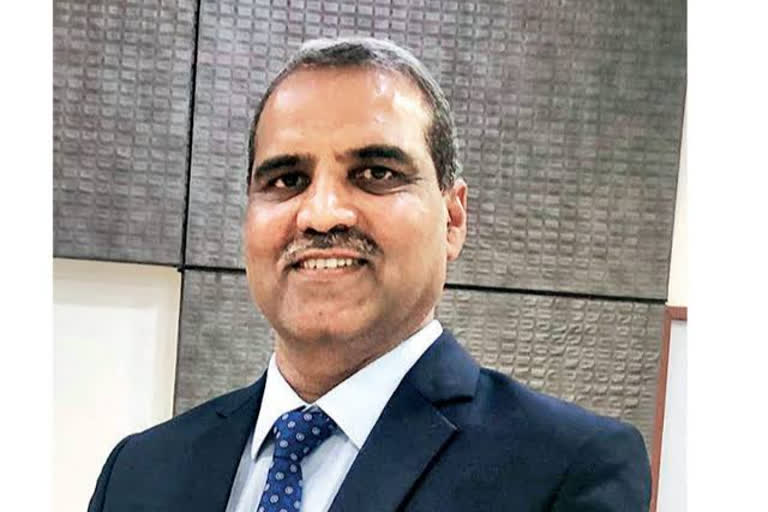Mumbai: The devastating impact of India’s raging pandemic has largely been seen in Delhi, but Mumbai with a higher population density, faced a shortage both of beds and oxygen as the second wave surged.
However, the city, with a population of at least 12.3 million, was able to cope better earning praise from both the Supreme Court and the Bombay High Court lauding the “Mumbai model”. Compared to the 11,000-plus daily cases in April, Mumbai on Monday reported 1,794 cases, the lowest single-day tally since mid-March.
Speaking to ETV Bharat in this regard, Additional municipal commissioner, BMC, Suresh Kakani said that till now Mumbai managed to face the pandemic amid a shortage of medical facilities and the city is equipped and prepared for the Covid-19 third wave.
"Mumbai has followed the basic principle of tracking, testing and treating COVID patients. We have opened up kiosks at several places that witness heavy footfall, like shopping malls, sabzi mandi, fish market, for swab collection. We have additional quarantine facilities ready. Between October and February, when the cases of COVID-19 went down in Mumbai; we were advised that these temporary facilities should be dismantled. But we decided to continue with them till 31 March, even if that we had to spend some money to operate and maintain them," said Kakani.
Kakani said, Now we have, around 12,000-13,000 beds with oxygen supply. We also set up a liquid medical oxygen tank with a capacity of 13,000 kilo-litre. Whichever facility had more beds, two jumbo cylinders were deployed—enough to operate all the beds for 2-3 days."
Talking about medicine shortage, Kakani added "We anticipated a shortage in medicines like Remdesivir and floated a tender to procure 2 lakh vials of it. Therefore, no public hospital in Mumbai has a shortage of Remdesivir."
ALSO READ: Maharashtra Minister doubts over third Covid wave in Amravati




